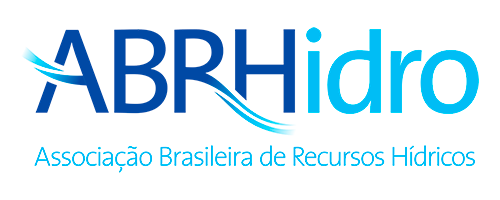ICFM6 - International Conference On Flood Management
Data: 17/09/2014 à 19/09/2014
Local: São Paulo - Brazil
Environmental Assessment of Stormwater Infrastructures Built With the Best Management Practices (PAP014751)
Código
PAP014751
Autores
Lorena Avelina Rojas-Gutierrez, Anna Petit-Boix, Ademir Paceli Barbassa, Bernardo Arantes do Nascimento Teixeira, Alejandro Josa, Joan Rieradevall i Pons, Xavier Gabarrell i Durany
Tema
Flood resilient societies through community preparedness
Resumo
Although some infrastructures were built for environmental purposes, there is a growing concern about their actual environmental impacts. In the context of hydrologic risk management, Best Management Practices (BMPs) are compensatory techniques in urban drainage based on physical processes for the temporary storage or infiltration of stormwater. The environmental burdens taking place in the different life-cycle stages of a service, i.e., raw materials extraction, construction, transportation, use and maintenance and end-of-life can be estimated, analysed and discussed following the Life Cycle Assessment (LCA) methodology. The objective of this study is to apply LCA to quantify the environmental impacts of the implementation of new flood prevention systems, based on the BMPs. In this case, the infiltration system consists of a grass filter, swale and infiltration trench (FST) located in São Carlos (São Paulo, Brazil). After conducting the impact assessment, an estimated carbon footprint of 1.5·104 kg of CO2eq was obtained, considering a lifespan of 10 years and a runoff storage capacity of 110 m3. The main contributors to this impact are the infiltration trench and the grass layer that covers the entire surface of the system. To the authors? knowledge, no other studies have analysed the environmental impacts of an FST from a life-cycle perspective. Therefore, future studies should work towards the assessment of the net environmental benefits (i.e., the burdens and the benefits) resulting from the implementation of this type of infrastructure.

